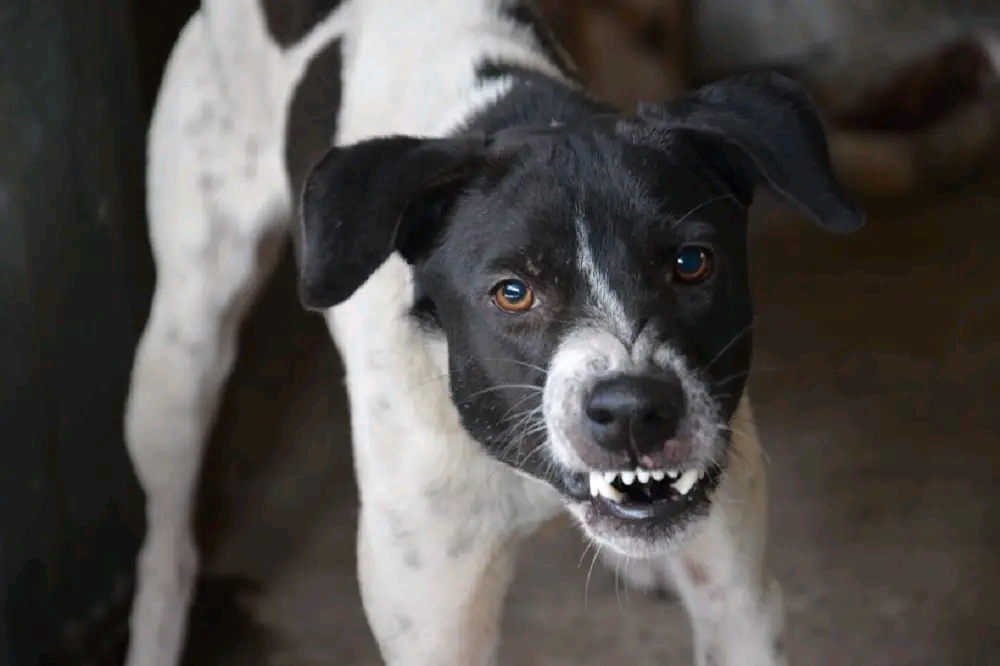
The eThekwini Municipality has escalated its rabies vaccination and awareness campaign following the tragic death of a local resident who succumbed to the deadly disease after being bitten by an unvaccinated dog.
The incident occurred in eZimbokodweni, located south of Durban. According to municipal officials, the man was bitten by the dog in March but unfortunately delayed seeking medical attention. By the time he eventually visited a healthcare facility, the rabies virus had already spread throughout his nervous system, leaving little that could be done to save him.
The City confirmed that the dog responsible for the attack had not been vaccinated against rabies and began exhibiting symptoms of the virus shortly after biting the man. The victim’s delayed response highlights the deadly consequences of untreated rabies exposure.
Sadly, this is not the first time that the area has experienced such a tragedy. In a similar incident last year, a three-year-old child lost their life after coming into contact with a dog suspected of carrying rabies. These heartbreaking cases have spurred local authorities into action to prevent further loss of life.
In response, the eThekwini Municipality has intensified efforts to protect both residents and animals by launching a large-scale rabies vaccination campaign. So far, over 370 dogs and thirteen cats have been vaccinated in the eZimbokodweni area alone. The City’s veterinary teams continue to move through communities, offering free vaccinations and sharing vital information about the dangers of rabies and the importance of early treatment after an animal bite.
Municipal spokespersons are urging residents to take pet vaccination seriously, emphasizing that vaccinating domestic animals against rabies is not only a responsible act of pet ownership but also a legal requirement in South Africa. Rabies remains a serious public health concern in parts of the country, particularly in areas where stray or unvaccinated animals roam freely.
Health experts stress that rabies is almost always fatal once symptoms appear. However, if individuals who have been bitten by potentially rabid animals seek immediate medical attention and receive post-exposure prophylaxis (PEP), the disease can be effectively prevented. Unfortunately, myths, misinformation, or delayed action often result in preventable deaths.
The municipality’s ongoing rabies awareness drive includes door-to-door campaigns, community meetings, and mobile vaccination units visiting neighborhoods with a history of rabies outbreaks. Residents are being educated on how to recognize early signs of rabies in animals, such as aggression, excessive drooling, unprovoked biting, and sudden changes in behavior.
With the increased efforts, authorities are hopeful that future rabies-related fatalities can be avoided. They are calling on community members to take full advantage of the free vaccination services and to seek immediate medical help if they are bitten or scratched by any animal, whether domestic or stray.
As the vaccination teams continue their work, the eThekwini Municipality remains committed to safeguarding the health of its residents and preventing further tragedies linked to rabies.




